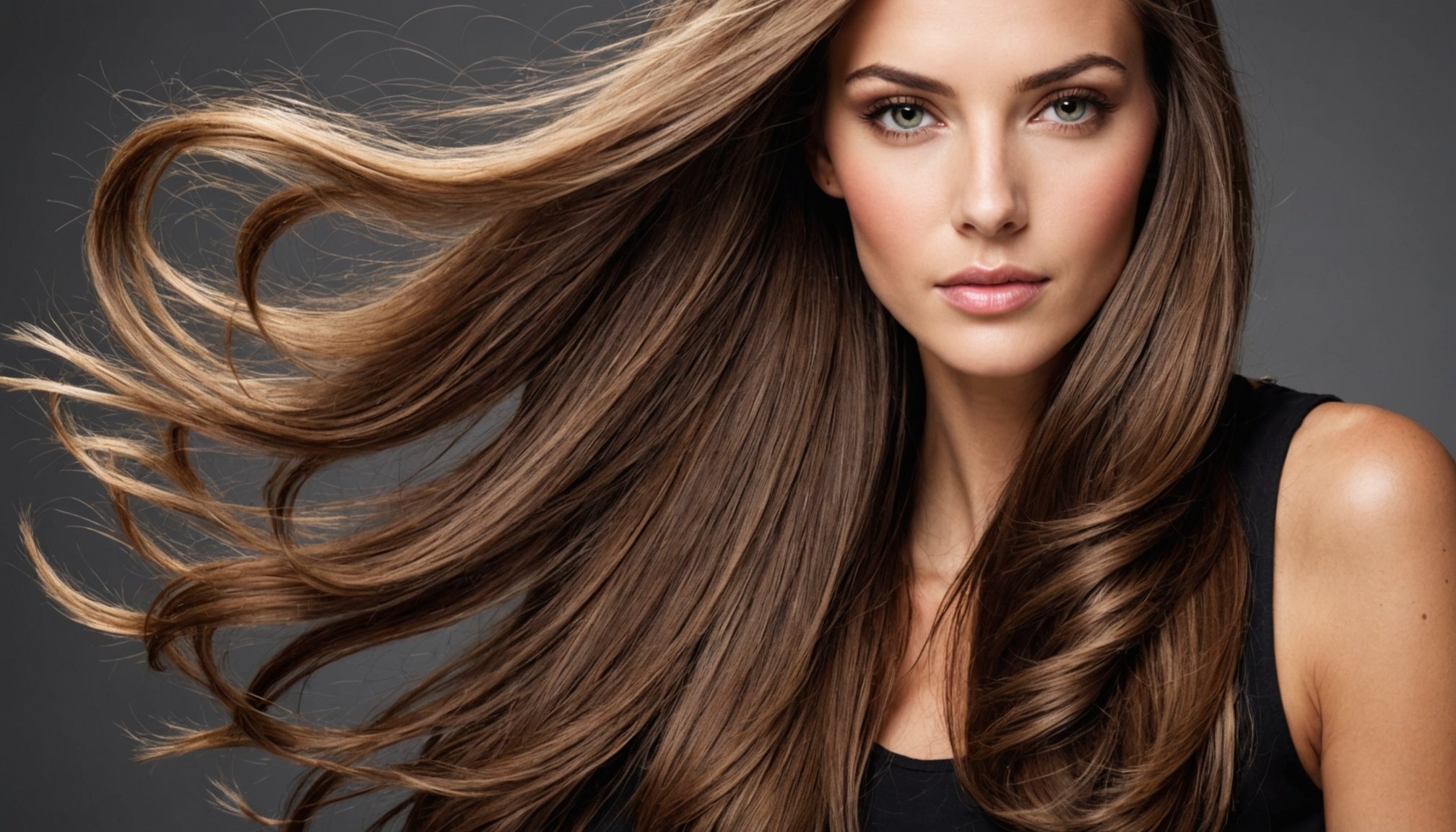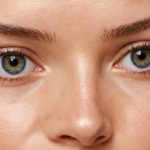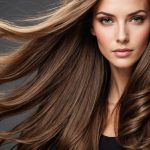Essential Vitamins for Hair Growth
Maintaining vibrant hair hinges on essential vitamins, with Vitamins A, C, D, E, and B-complex playing pivotal roles. These are the key vitamins for hair growth, each contributing uniquely to maintaining healthy locks.
- Vitamin A: Crucial for cell growth and producing sebum, an oil that hydrates the scalp, found in carrots, sweet potatoes, and leafy greens.
- Vitamin C: Helps in collagen production, a protein necessary for hair structure, and aids iron absorption, vital for hair health. Citrus fruits, strawberries, and bell peppers are excellent sources.
- Vitamin D: Essential for follicle health, its deficiency often links to hair loss. Spend time in sunlight, or consume fortified foods and fatty fish to ensure adequate intake.
- Vitamin E: Protects hair cells from damage and contributes to scalp circulation. Nuts, seeds, and spinach are rich in this vitamin.
- B-complex: Especially Biotin (B7), supports hair structure and growth. Include whole grains, almonds, and eggs in your diet.
Incorporating these hair health nutrients into your daily routine not only supports robust hair follicles but also enhances overall hair vitality, ensuring your tresses are in their best health.
This might interest you : Crafting a Stylish Minimalist Jewelry Line: A Simple Step-by-Step Handbook for Creatives
Key Supplements to Consider
When considering hair growth supplements, it’s important to explore options backed by scientific evidence. Among the popular choices are Biotin, Collagen, Keratin, and Omega-3 fatty acids. These dietary supplements for hair have garnered attention due to their potential benefits for enhancing hair health.
Biotin
As part of the B-complex family, Biotin is renowned for supporting healthy hair growth. It’s critical in biotin supplements due to their role in synthesizing keratin, a vital protein that promotes hair strength and resilience.
In the same genre : Unlock the Secrets to Flawless Hydration: Master Skincare Layering Techniques for Optimal Results!
Collagen and Keratin
Collagen contributes to hair’s structural integrity by providing amino acids crucial for hair strength. Keratin supplements, often consumed for hair repair, aid in restoring damaged shafts.
Omega-3 Fatty Acids
Omega-3s, abundant in fish oils, provide essential fats that hydrate the scalp and reduce dryness. This action can lead to improved hair texture and shine.
Before choosing supplements, seek high-quality products with minimal additives. Consult with a healthcare provider to address any potential side effects, especially if you have underlying health conditions. These supplements offer potential benefits, but individual reactions may vary, making professional guidance invaluable.
Dietary Recommendations
A healthy diet for hair growth involves consuming foods rich in essential nutrients. These vital components can significantly impact your hair’s overall health and vitality.
Nutrient-dense Foods
Incorporating nutrient-dense foods, such as leafy greens, fatty fish, and nuts, provides your body with vitamins for hair growth. These foods are packed with vitamins A, C, D, E, and B-complex, which are all critical for maintaining healthy hair. A few examples include a spinach and orange salad for vitamin C, or a breakfast including eggs and whole-grain toast, abundant in B-complex vitamins.
Importance of Hydration
Proper hydration also plays a crucial role in hair health nutrients. Staying hydrated ensures nutrients are adequately transported to hair follicles, promoting growth and health. Aim for a daily intake of at least eight glasses of water, regularly drinking throughout the day.
Balancing Macronutrients
A balanced intake of proteins, fats, and carbohydrates is vital for healthy hair growth. Proteins, found in lean meats and legumes, are the building blocks of hair. Healthy fats, from sources like avocados and olive oil, help maintain a moisturized scalp. Carbohydrates provide the energy necessary to support essential hair functions. Crafting meals with an emphasis on balance ensures your hair receives necessary nourishment.
Lifestyle Factors Affecting Hair Growth
Understanding the hair growth lifestyle is crucial for maintaining optimal hair health. One pivotal factor is stress management. Engaging in practices like yoga and mindfulness can significantly alleviate stress levels, which often impact hair growth negatively. Lower stress equates to better hair vitality.
Another essential aspect is sleep quality. Quality sleep facilitates hair regeneration and overall growth, as the body repairs itself during sleep. Aim for 7-9 hours of restful slumber nightly to support healthy hair growth. Avoid stimulating activities before bed to enhance sleep quality.
Certain daily habits can hinder hair health. It’s vital to steer clear of excessive heat styling and harsh chemical treatments, as these can lead to hair breakage and dullness. Instead, embrace gentle styling methods and natural hair products.
Incorporating these lifestyle adjustments is beneficial for hair health. Addressing stress, ensuring sufficient sleep, and avoiding harmful practices lay the foundation for healthier hair. These strategies ensure that your hair is resilient and vibrant, catering to your quest for impeccable hair growth.
Holistic Approach to Hair Care
Embracing a holistic hair care regimen can boost natural hair growth remedies. Incorporating scalp massages improves blood circulation, nourishing hair follicles and enhancing overall hair health. Essential oils like rosemary, peppermint, and lavender can support this practice, potentially stimulating growth and adding luster to tresses.
Herbal infusions, rich in vitamins and antioxidants, offer natural benefits. Nettle tea and green tea are effective options, providing nutrients necessary for vibrant hair without chemical additives. These remedies, although gentle, should be part of a consistent care routine.
A regular hair care routine that involves gentle cleansing and conditioning helps preserve hair’s natural oils. This approach reduces damage from over-washing and exposure to harsh shampoos, consequently supporting healthier, stronger hair.
Professional treatments, administered under expert guidance, offer additional care dimensions. Consulting a dermatologist or trichologist is advisable when faced with persistent hair issues. They can offer insights into underlying problems and tailor treatments to individual needs, ensuring the best possible outcomes for hair health.
Incorporating these practices into daily life fosters an environment where hair can thrive naturally, presenting viable alternatives to chemically-based solutions known for their side effects.











